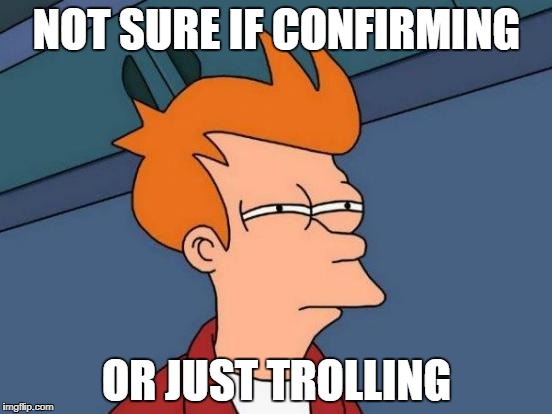While you're not wrong, it doesn't make sense for a design to be incapable of the exact same things it handled with ease two decades prior. Things that would make sense to me would be like:
- "Tamed" and "untamed" space have tables that increasingly diverge
- At a certain point, high-stat ships are so capable of handling easy events that they auto-pass them and get to draw again for something more challenging
- The new and most difficult events represent the kind of thing that Starfleet wouldn't have attempted to deal with/investigate without the current generation of bleeding-edge equipment
- The higher difficulty is represented narratively by having these new superhard events be the consequence, in some way, of the very same rapid advancement that allows us to handle them
(These are just ideas to be taken piecemeal depending on their applicability and utility, not some comprehensive plan.)
Aside from that, on a certain level, we actually
do want a lot of events to be, in effect, auto-passed. The fleet is expanding at a breakneck rate, but our ability to handle write-ups of their conduct is necessarily capped to a level not far above what we're currently at.
In the long run,
it's absolutely essential that our major-event-per-ship ratio goes down.
With that said, I think that the impact of that reduction on the Explorer Corps specifically should be muted; that's the heart of the game, after all. Increasing the difficulty of their work makes perfect sense! It just shouldn't happen in a one-size-fits-none adjustment felt across the board.

